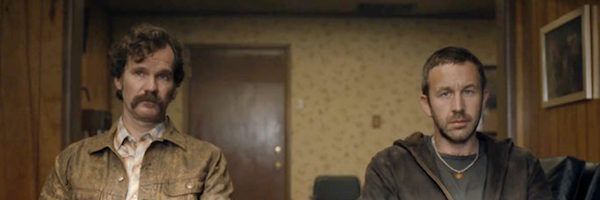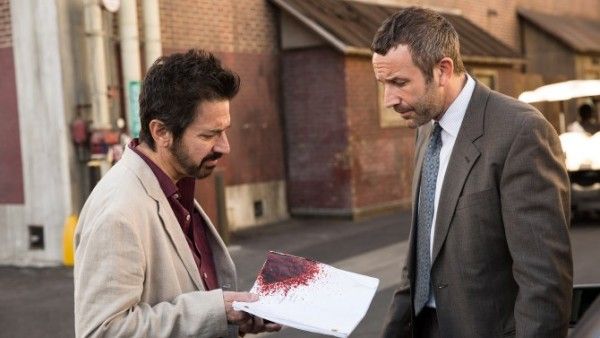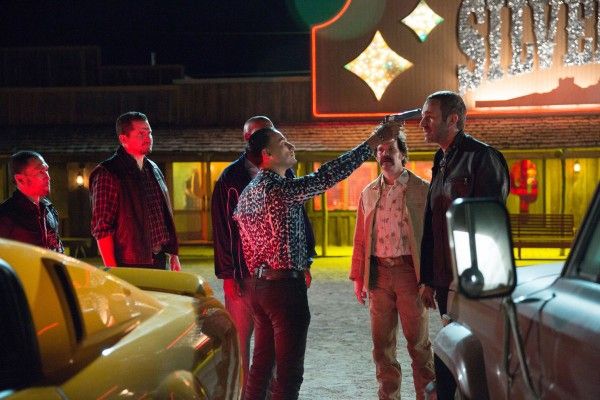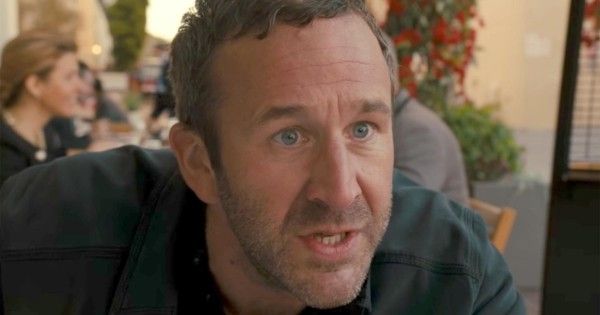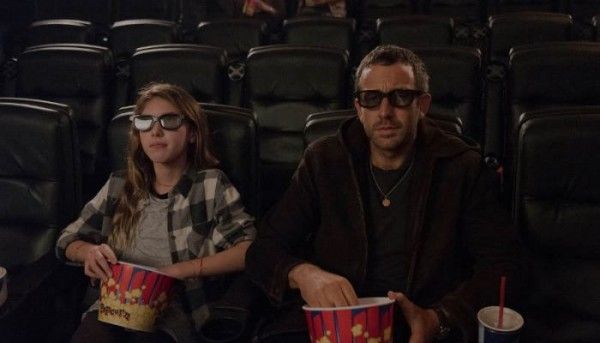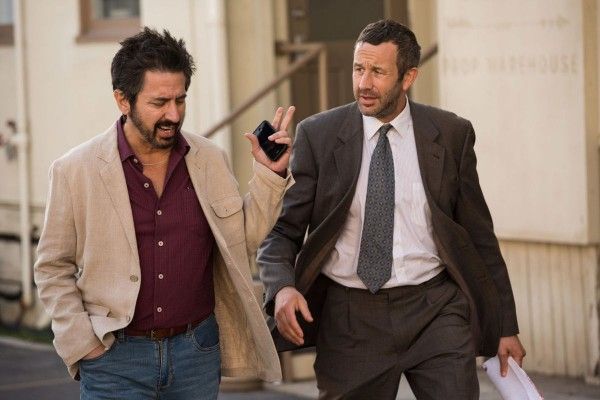In Barry Sonnenfeld's adaptation of Elmore Leonard's Get Shorty, John Travolta plays Chili Palmer, a practiced loan shark in the Miami mafia and the noir-comedy's main protagonist. He talks a lot to people he likes - friendly colleagues, fellow film buffs, etc. - but most of the time, he is direct, curt, and tries to speak mostly in silences. When he's owed money by someone, he visits them and stares at them as if he "owns" them. This tends to get the job done no matter the zip code. The exception, of course, is Hollywood.
Sonnenfeld uses Travolta's natural charisma and svelte look - circa 1996 - as the centerpiece of his giddily stylized world of criminals and filmmakers, actresses and loan sharks, and much like the book, the character remains largely in the present. There's little in the way of backstory, and the plot remains clear even when characters like Danny DeVito's Martin Weir, a self-obsessed movie star, start stacking up. There's never a feeling like you're waiting around for something to happen or a character to be given...well, character, making the film efficient without being rigid or rushed.
There's no statute that says that Epix's very loose adaptation of the same material had to be similar in any way to what Sonnenfeld did and either way, it would've been wise to do something a bit different. Putting Chris O'Dowd in the lead role of Miles Daly, a loan shark and hitman working for a corrupt criminal organization in Albuquerque, is a good first step in this. Casting Ray Romano as Rick Moreweather, a B-movie producer and Miles' eventual business partner, is another. In fact, most of the casting, including that of Rectify alum Sean Bridgers as Miles' right-hand man and Flaked's Ruth Kearney as a now-successful producer who once worked with Rick, is an indisputable coup. It's the other stuff - writing, direction, editing, etc. - that present a problem for Epix and creator Davey Holmes, he of Showtime's Shameless.
If I had to venture a guess as to how Holmes and his colleagues pitched the adaptation, it probably went something like this: "It's Breaking Bad meets Fargo." You won't find Blue Sky in any of the first six episodes of Get Shorty, but the setting is the same and the view of New Mexico's criminal underground is notably similar. Miles and Bridgers' Louis work under Amara (Lidia Porto), who runs a mid-range racket in gambling and drugs alongside her power-hungry nephew, Yago (Goya Robles). These roles, and many others in the series, are written primarily as types rather than fully rounded-out characters, which has often been the strategy that Noah Hawley prefers in his storytelling. Holmes, unfortunately, does not have the ribald humor and command of pulp language that Mr. Hawley has injected into his series.
There's also a uniformity of aesthetic that is similar to Hawley's vision. The color and light throughout seems to focus on yellows, oranges, browns, and beiges, making the entire series feel like its lost in an eternal desert. That goes as much for New Mexico as it does for Los Angeles, where Miles and Louis are dispatched to collect money from a screenwriter (Paul Sparks), who is inevitably executed by Louis. What he leaves behind is a script, one that Miles thinks could be great and would also help Amara with a money laundering problem that's come up. That's the set-up, more or less, and little of what happens in the first few episodes of the series diverts from the actions taken to get Miles in the same room as Rick and to hammer out a production deal.
The real story of Get Shorty is that of art vs. commerce. Miles wants to make a great movie, but great movies don't really make any serious money. Amara wants her money back, which means the movie must perform up to a certain level to get her clean returns. The struggle is real but Holmes and his writers only show a passing interest in the complex mechanics of getting a movie funded, made, and distributed, which means they are more interested in the money side from the get-go. And even under these circumstances, there's an overall blandness and droning familiarity to how Get Shorty portrays money and power as corruptive to Amara, Yago, and Louis, driving them to become mass murderers to ensure a steady cashflow. Did they want to be anything else? Do they have interest in anything else? As the show is written, Amara's only other passions outside of her business are chicken wings and no-frills sex, whereas Yago enjoys talking shit and clubbing. It's hard to believe that this is all that's really worth knowing about these characters.
This isn't to say that Miles and Louis are depicted any better. O'Dowd's well-meaning tough, who is never seen shooting anyone to keep him an ostensible innocent, is hampered with an ex-wife and a daughter, who are utilized exclusively to give him a reason to get out from under Amara. At one point, Louis says all he needs is a roof over his head, a pool that he can sit by, and a cold drink and for what its worth, it really does seem like that's the extent to which the character cares to feel or think about the world around him. As for Rick, he comes across as little more than a pickled guide into the not-so-convincing world of Hollywood filmmaking, despite the subtle touches of personality that Romano is able to conjure.
For all its cynicism about the movie business, Get Shorty shows exactly no interest in exploring how things got as bad as they are or how the forge to make movies like the New Hollywood wave that Miles adores in the modern era has only helped to suppress genuine visionaries. On the flip side, there's also no sense of the wonder and thrill that many movies released every year still produce for audiences, those who are dedicated cinephiles as much as those who just enjoy a good night out at the movies. By refusing to either challenge their own perspective or get into the weeds of why the big studios are in such dire straits and mostly release market-tested dreck, Get Shorty pigeonholes itself into mediocrity, something that neither Chili Palmer nor Miles Daly can abide by.
Rating: ★★
Get Shorty airs on Sundays at 10 p.m. on Epix

